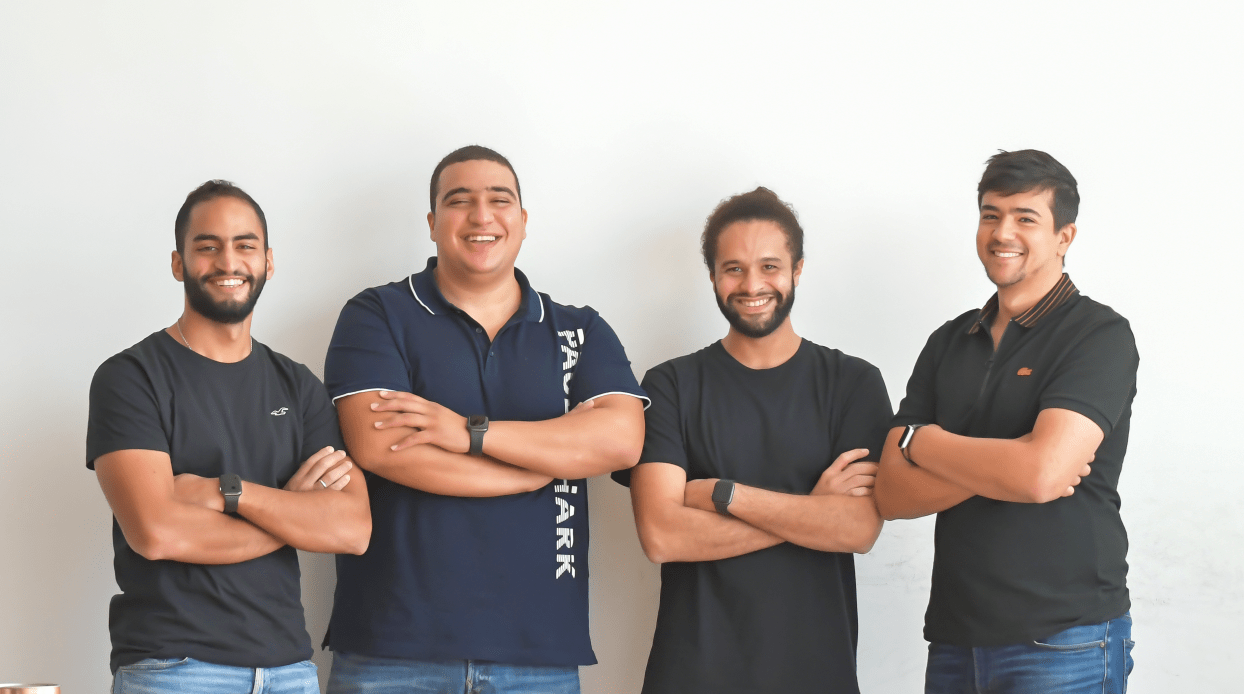After several cups of coffee, drawn nights, and notebook brainstorming, four university students brought to life one of the Middle East’s finest fees management solutions: Klickit.
Ideated by entrepreneurs Saeed Talaat, Hashim Ibrahim, Youssef Galal, and Walid Abou ElNour, Klickit offers educational institutions and families a comprehensive, easy-use payment and fees management platform. Their vision was simple: to produce a fintech solution that would “facilitate people’s lives” by improving financial processes, empowering schools, increasing educational affordability, and becoming an all-in-one ecosystem for all academic needs.
Klickit’s extensive portfolio includes 55 thousand schools, with more than 20 million students having access for their fees to be paid and processed through Klickit’s system. The result: more than EGP 1 billion has been processed through Klickit since its launch in May 2017.
From digital finances to remote learning, technology has become the governing asset for most schools and universities—and as the new academic year rears its head, many of these institutions are re-examining their operations, looking to improve internal processes and enhance their current techstack.
As both a B2B and B2C digital solution, Klickit offers schools and parents all the necessary tools to streamline their payment and fees processes. This includes customizable revenue-tracking dashboards, with real-time insight into key performance indicators and business metrics. Dashboards are available independently to both parents and school administrators, depending on the necessary and relevant information.
For parents in particular, Klickit offers diverse tuition payment methods that range from point of sale (POS) payment and payment links to installments. Given continuous economic fluctuations in Egypt, and an ever-increasing cost of living, many parents have struggled to keep up with inflation—and as a result, priorities have suffered, including education.
Klickit’s partnership with valU (a lifestyle-enabling solution) grants families access to flexible payment plans for up to 12 months, ensuring greater financial inclusion and convenience.
In addition to partnering with valU, Klickit has joined forces with Kiwe (a cashless application) to “achieve cashless environments within schools to promote financial literacy,” says Klickit Customer Value Management Head, Reem Hussein. “This empowers youth by giving them a safe and powerful solution that underscores their autonomy and helps them manage their finances.”
Klickit and Kiwe have created an electronic purchases card that can be used on school premises, replacing cash transactions and encouraging greener transactions.
With grand plans for the future, Klickit aims to be the go-to platform for schools across the region, and eventually internationally. While its repertoire consists largely of implementing financial solutions, Klickit aims to expand on its current partnerships into all things academic, including new engagements with higher learning institutes and universities.
This post is sponsored. Contact us here to get in touch.






Comments (0)